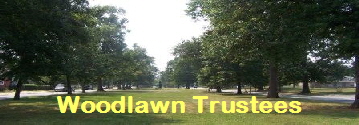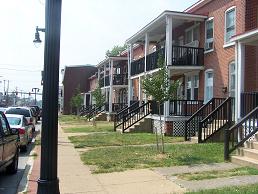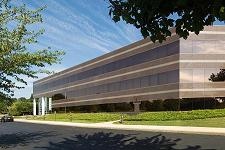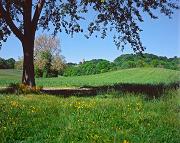|
William Bancroft had a genuine concern for the development of parks and the protection of the natural environment. He was the prime mover in establishing the Wilmington Parks Commission, and under his leadership, the city acquired Brandywine Park and Rockford Park, the core of the city’s park system. At a time when many people lived in crowded conditions with little open space, William Bancroft reserved land for neighborhood parks such as the Judy Johnson Park at Second and Clayton Streets, the playground next to Father Tucker Park (by St. Anthony’s Church), Kosciusko Park off Broom Street, Haynes Park off Miller Road, and part of Canby Park on South Union Street. Bancroft also set aside land for a “boulevard or parkway stretching across the western part of the city, from near Rockford Park, southerly to Canby Park.” This project, which took Woodlawn more than twenty years to complete, met with a number of obstacles including the need to move two cemeteries. Eventually, the beautiful tree-lined boulevard was completed and became part of the city park system. In 1932, four years after Bancroft’s death, the city honored the man who made it possible by naming the boulevard “Bancroft Parkway.”
William Bancroft found that development could pay for parkland. Woodlawn has accordingly developed certain holdings in order to provide the funds necessary to save key natural resource lands for preservation and public enjoyment.
Woodlawn owns and maintains about 2,000 acres of land in Brandywine Hundred and nearby Pennsylvania as wildlife preserve, and open space used by the public for hiking, walking, and horseback riding. Many of the original farms in the area have been preserved, and the rural community character remains. Open fields are leased to local farmers who are encouraged to practice soil conservation and crop rotation.
|



